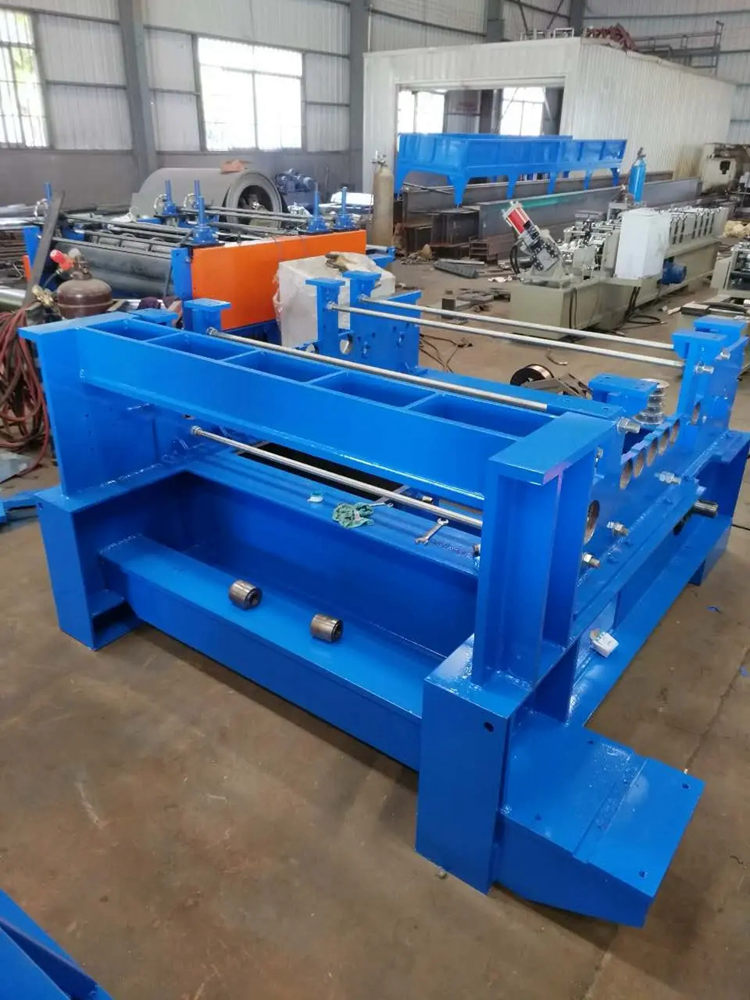
The Evolution and Impact of Thread Form Machine Industries
The thread form machine industry plays a crucial role in the manufacturing sector, particularly in the production of threads used in various applications. From the smallest screws to large bolts and intricate fasteners, thread form machines are essential for creating components that hold structures together, ensuring safety and durability. This article explores the evolution, significance, and future prospects of the thread form machine industry.
Historical Background
The journey of thread forming can be traced back to ancient civilizations, where simple hand tools were used to create fastening devices. However, the industrial revolution marked a significant turning point. The introduction of advanced machinery allowed for mass production, leading to uniformity and improved efficiency in manufacturing processes. As industries expanded, the demand for various types of threaded products soared, necessitating the development of specialized machines.
Machine Types and Technologies
Thread forming machines come in various forms, including thread rolling machines, tapping machines, and CNC (Computer Numerical Control) equipment. Each type is designed to serve specific manufacturing needs. For instance, thread rolling machines create threads by deformation rather than cutting, maintaining material integrity and reducing waste. Tapping machines, on the other hand, use a rotating tool to cut threads into existing holes. The advent of CNC technology has revolutionized the industry, allowing for high precision and the ability to handle complex geometries with ease.
The latest advancements in automation and robotics have further transformed thread forming operations. Automated systems enhance productivity by reducing manual labor and minimizing human error. Moreover, integrating smart technologies allows manufacturers to monitor real-time data, optimize operations, and predict maintenance needs, thereby improving overall efficiency.
Industrial Significance
The thread form machine industry is vital for numerous sectors, including automotive, aerospace, construction, and electronics. In the automotive industry, for instance, high-strength fasteners are crucial for vehicle safety and performance. Similarly, the aerospace sector relies on precision-engineered threads to ensure structural integrity under extreme conditions.

Moreover, the growing trend towards lightweight materials and advanced composites has amplified the need for specialized thread forming solutions. Companies are increasingly turning to innovative materials and techniques to create fasteners that are both lightweight and strong, catering to modern engineering demands.
Challenges and Innovations
Despite its significance, the thread form machine industry faces several challenges. Supply chain disruptions, fluctuating material costs, and stringent regulatory standards can impact production efficiency and costs. To address these challenges, companies are investing in research and development to innovate their machinery and processes. There is a growing focus on sustainability, with initiatives aimed at reducing waste and energy consumption during manufacturing.
Moreover, the rise of additive manufacturing, commonly known as 3D printing, poses both challenges and opportunities. While some traditional manufacturing processes might be affected, the combination of 3D printing with thread forming technology could lead to the development of new products and applications, reshaping the landscape of fastener and component manufacturing.
Future Outlook
The future of the thread form machine industry appears promising, driven by technological advancements and the continuous evolution of manufacturing processes. As industries increasingly embrace automation and smart manufacturing, the demand for efficient and precise thread forming solutions will grow.
Furthermore, global population growth and urbanization will further drive infrastructure development, increasing the need for robust fastening solutions. As such, thread form machines will remain indispensable in modern manufacturing, ensuring that the components hold the infrastructure of tomorrow together. The continued commitment to innovation and sustainability will likely shape the industry's trajectory, positioning it for a successful future.
In conclusion, the thread form machine industry not only plays a vital role in contemporary manufacturing but also holds the promise of innovation and growth for years to come.